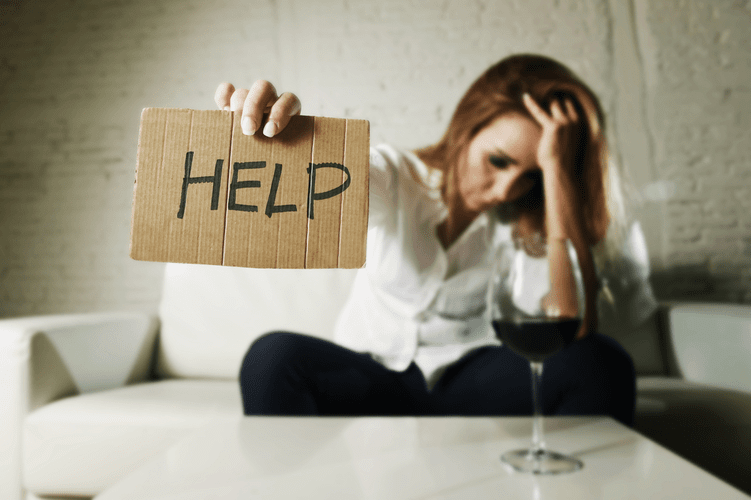However, sober living houses are not covered under insurance since they do not provide treatment services and thus aren’t considered rehabilitative facilities. A sober living house (SLH) is a residence for people recovering from substance use disorder. Sober living homes are meant to be safe, supportive environments that emphasize the importance of building http://liros.ru/book/6/page4.html a community and camaraderie with others. Individuals typically enter an SLH after being discharged from a clinical treatment center before returning to their previous home and routine. Sober living houses and halfway houses are often used interchangeably as they both provide a substance-free living environment for those suffering from addiction.
- The time spent in a sober-living home depends on a number of factors including strength of recovery from addiction, progress on clinical milestones and the personal living situation at home.
- Like the sober living home, individuals can have jobs, pay bills, and can be held accountable.
- Level IV recovery homes tend to have a more institutional building framework.
How Sober Living Homes Fit into the Rehabilitation Process
Halfway houses date back to the 1830s when they housed children and adults that had committed crimes or had been released from prison. These facilities still exist today and are used primarily for those who have been incarcerated or are unhoused. Halfway houses are often designed specifically for those that received treatment for addiction to http://akmc.in.ua/mediki-nazvali-glavnye-prichiny-pit-mnogo-vody drugs or alcohol while in prison. Halfway houses can be government funded or run by private organizations that receive government grants. Residents may sleep in dorms, and attendance can be court-ordered for a set period. Many houses require residents to attend some sort of recovery, be it a 12-step program or outpatient counseling sessions.
Who Pays for Sober Living Homes?
My wife is very worried about our daughter starting kindergarten next year. Our daughter is very shy and takes a while to warm up to new people, but once she does she gets very attached to them. She is still in touch with the friends she made at http://radiuscity.ru/zhestokaia-rasplata-ili-kak-my-boremsia-s-pohmelem/ preschool, at least one of whom will be at school with her (albeit in the grade above her). My wife was similarly worried about our daughter starting preschool because she was the smallest kid in school and she was the only one who wore glasses.
- Once our clients graduate to IOP or outpatient, they are eligible to live in our sober living apartments.
- They later became more popularized and commonplace in the 1970s, continuing to today.
- For those suffering from substance abuse or alcoholism, finding the tools they need to make a proper recovery can feel almost impossible.
- At this level, a house manager may reside in the house and will typically be a peer in long-term recovery.
- Like sober living homes, the Oxford Home provides stability and community connection post-treatment that establishes secure housing for individuals.
The History of Sober Living Homes
- When in active addiction, we tend to ignore the things that make us successful.
- “We also met with the property owner and their respective legal counsel yesterday, to further discuss.
- At North Jersey Recovery Center, we’ll help you transition smoothly with a sober living house.
- Many sober living homes are connected with local therapy groups, counseling services, and job training programs.
- A core component of sober living homes is the emphasis on personal accountability coupled with peer support.
- Reach out to Amy and acknowledge that she has a lot going on, but mention that in light of this news and what you observed from David, you have some questions about the weekend.
” feeling, then give a seven-day rafting trip on the Nahanni River in Canada’s Northwest Territories a try. And, while alcohol is available along the way, including on a wine tour in Mendoza, this 10-day trip focuses on active outdoor adventures that inspire relationship building with fellow travelers. I’m no fan of compulsory family activities that are surface-deep, so I agree that the chat sounds pretty annoying. But is leaving it worth the ire you’ll get to your face and behind your back—not to mention the blow-back that will hit your husband?

Peer-to-Peer Recovery


Leave A Comment